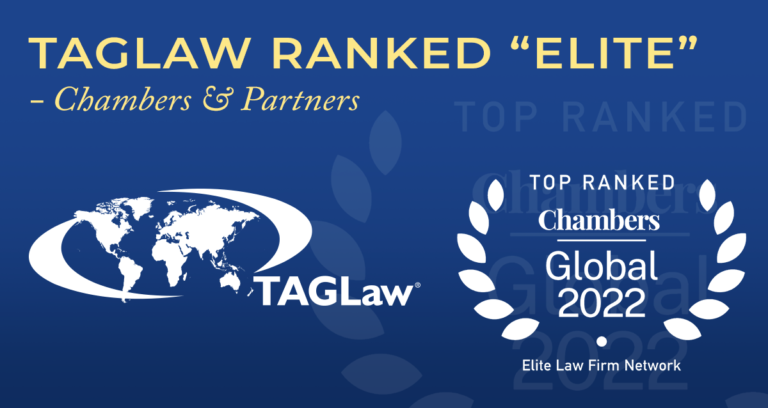Summary
The Isle of Man Financial Services Authority (“FSA”) has recently launched a new dedicated section of its website aimed at encouraging innovation and dynamic regulation particularly in new technology and digital processes in Fintech (financial technology). A link to the website is here: https://www.iomfsa.im/innovation/our-role
This online hub offers guidance for businesses seeking authorisation under the Financial Services Act 2008 or the Insurance Act 2008 and underlines the FSA’s commitment to working with businesses who wish to offer new and disruptive digital technologies. The hub contains information on how to submit a licence application; an overview of legislative framework and guidance on best practice and the regulatory sandbox (an environment in which new financial services products and services can be tested and evaluated before going ‘live’ to the general public).
Sandbox
The purpose of the sandbox is to allow new ideas to be tested in a manner which reduces risk to consumers, and to give the FSA the ability to issue a ‘subject-to’ licence which provides that a business will be able to operate with a full licence provided that it meets certain conditions before going live. The sandbox has five distinct stages as follows:
Stage One: Proof of Concept
At this stage the applicant demonstrates a new product or service which is not available for public use. There is no requirement for a financial services licence at this stage.
Stage Two: Minimum Viable product
‘Alpha’ testing commences at this stage. The product or service is being developed and is viable at this point. The applicant engages with the FSA to progress its licence application and discusses its proposals.
Stage Three: Pre-production
At this stage, the product or service is functional and is ready for ‘beta’ testing. A financial services licence is required at this stage because the testing will amount to conducting a regulated activity even if the business does not receive fees at this point. The FSA may issue a restricted licence at this stage, which can stipulate conditions such as limiting the geographical scope of where the product/service can be accessed, or limiting the total number of customers. This mitigates risks to the public.
Stage Four: Launch Ready
The product or service is fully tested and is ready to be used by the public. Any previous licence conditions imposed in stage three may be removed or modified when it is appropriate to do so.
Stage Five: Licensed
The applicant is licensed, the product or service is made available to the public and the applicant becomes subject to more stringent regulatory oversight.
The innovation hub is a welcome development in terms of ensuring that the licensing process is as streamlined as possible via engagement between the FSA; the Digital Agency of the Isle of Man Government’s Department for Enterprise, as well as the private sector. It also consolidates the relevant guidance into a single, easily-accessible location.
There have already been some recent innovations in Fintech on the Isle of Man. These include the granting of the Island’s first digital banking licence, and the first successful admission to the sandbox regarding a new stabletoken to be issued by one of DQ’s clients, Blackfridge SC. DQ is also currently advising a new applicant in respect of obtaining a payment services licence involving both crypto and fiat currencies.
The FSA actively encourages businesses to engage in early-stage discussions to explain their proposed business model. This helps the FSA to give initial guidance regarding any potential areas of concern with the business plan and how a potential licence application might be assessed.
What about digital asset businesses?
Presently, any business which carries out “convertible virtual currency activity” (as defined in law) is required, as a minimum, to register with the FSA as a ‘designated business’ under the Designated Businesses (Registration and Oversight) Act 2015 for the purpose of ensuring compliance with the Island’s with anti-money laundering and countering the financing of terrorism legislation.
If a business intends to carry out activities in relation to digital assets which have certain characteristics (for example if they are comparable to traditional investment products) then the business may require a financial services licence. Online gambling businesses which accept digital assets are likely to be subject to separate regulation by the Isle of Man Gambling Supervision Commission.
Current consultation
In addition to creating the innovation hub, the FSA has issued a public consultation requesting input on “innovation and the regulatory perimeter” with the principal intention of seeking feedback on areas of innovation which are not currently subject to regulation (especially cryptoasset businesses).
A link to the consultation (which closes on 18 April 2022) is here: Consultation link
DQ’s experienced regulatory team is happy to assist with all aspects of regulation including preparing and advising on licence applications and providing general legal advice where required. For further information, please contact Adam Killip or Andrew Harding.
Kelly Hearns
Download PDF version of this article HERE
Disclaimer
The information and/or opinions contained in this article is necessarily brief and general in nature and does not constitute legal advice. Appropriate legal or other professional advice should be sought for any specific matter. Any reliance on the information and/or opinions contained in this article is therefore solely at the user’s own risk and DQ Advocates Limited (and its associates and subsidiaries) are not responsible for, and do not accept any responsibility or liability in connection with, any action taken or reliance placed upon such content.






